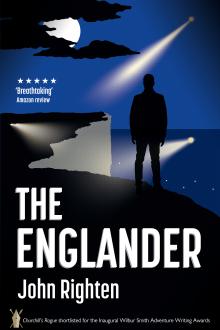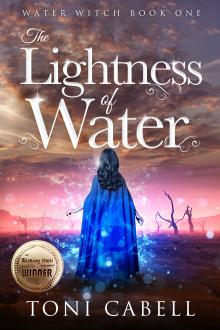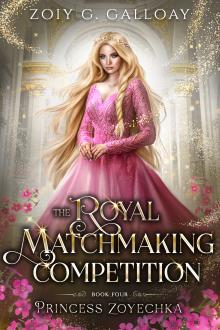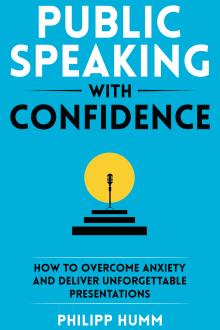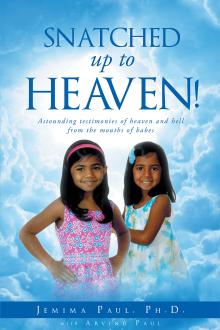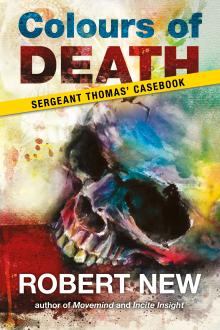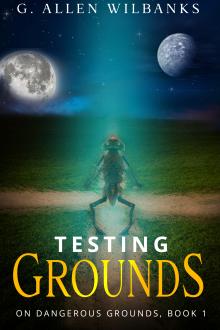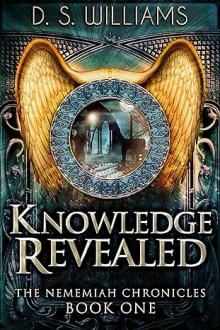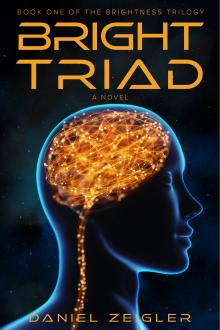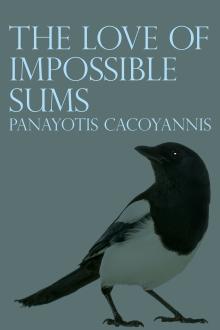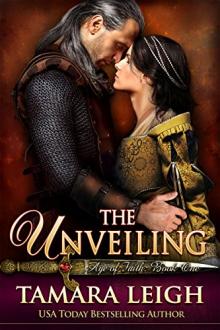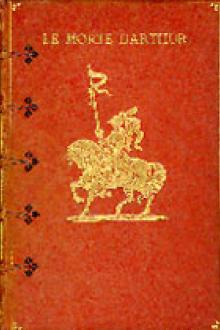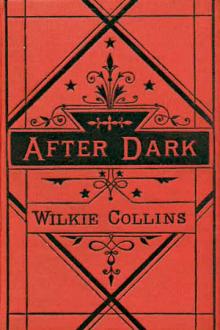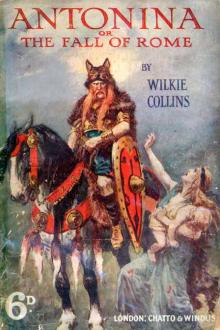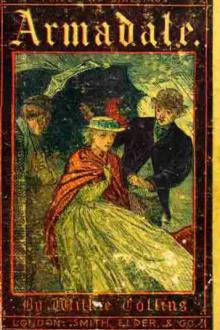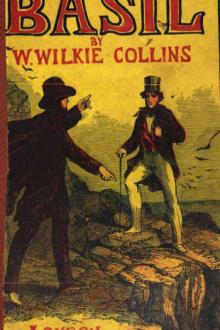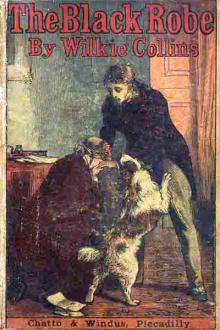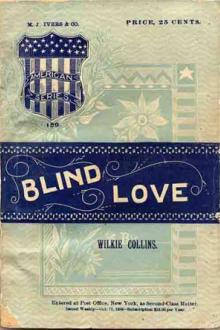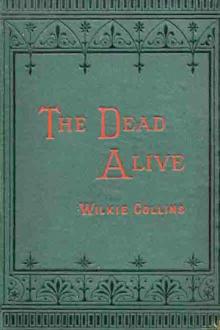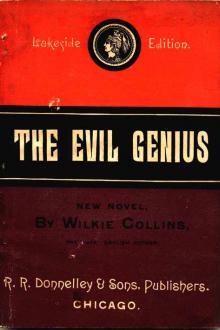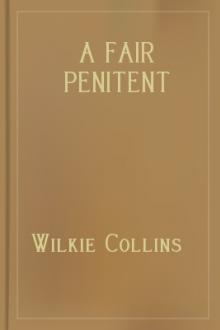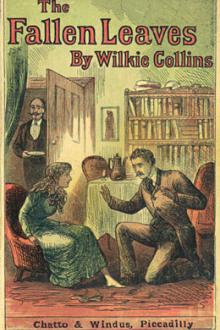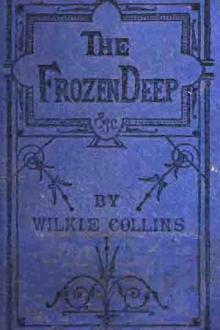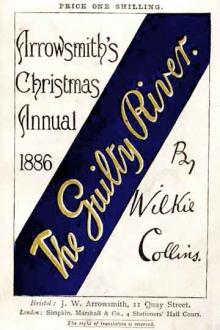Poor Miss Finch
Poor Miss Finch
"Full of power, vigour, and inimitable description. We must, for our own part, confess that 'Poor Miss Finch' has interested us more than any of the author's previous works. We have enjoyed reading it so heartily that we can say nothing more beyond advising our readers to go and do likewise."--Vanity Fair
Book Excerpt
arks of any sort. All round us, turn which way we might, nothing was to be seen but the majestic solitude of the hills. No living creatures appeared but the white dots of sheep scattered over the soft green distance, and the skylark singing his hymn of happiness, a speck above my head. Truly a wonderful place! Distant not more than a morning's drive from noisy and populous Brighton--a stranger to this neighborhood could only have found his way by the compass, exactly as if he had been sailing on the sea! The farther we penetrated on our land-voyage, the more wild and the more beautiful the solitary landscape grew. The boy picked his way as he chose--there were no barriers here. Plodding behind, I saw nothing, at one time, but the back of the chaise, tilted up in the air, both boy and pony being invisibly buried in the steep descent of the hill. At other times, the pitch was all the contrary way; the whole interior of the ascending chaise was disclosed to my view, and above the chaise the pony, and above the p
FREE EBOOKS AND DEALS
(view all)Popular books in Fiction and Literature, Romance
Readers reviews
3.0
LoginSign up
The delightful narrator, Mrs. Pratolungo, an avid republican (in the anti-royalist sense), comes to an isolated country town to be a companion to a blind young woman, where she finds herself reluctantly furthering her strong-willed charge's eventful romance with a weak but wealthy young man amid unlikely adversity.Collins' excellent characterization provides the main reason to read this novel. The Finch family is hilariously drawn, from the avaricious parson papa to the damp and fecund stepmother, not to mention the precocious toddler Jicks. Miss Finch herself is the least interesting character -- she makes you want to shake her. The evil twin plot line must have been hokey even when this was written, and although Collins doesn't succumb to the sentimental treatment of blindness common in his era, the conclusion of the tale is so much romantic pap.
- Upvote (0)
- Downvote (0)
a nice book!
05/31/2010
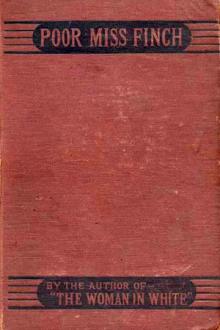
 Free Download
Free Download